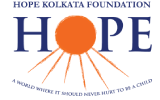
Hope Kolkata Foundation
A World Where It Should Never Hurt To Be A Child
HOPE’s Health program focuses on making mental and physical wellbeing accessible to underserved communities. By offering affordable healthcare services to street and slum-connected populations, HOPE strives to improve health equity for all.
HOPE’s Health Programme aligns closely with the UN Sustainable Development Goals:
HOPE Hospital provides free and affordable healthcare to underprivileged individuals, including homeless and slum dwellers.
Established in 2008, it offers secondary healthcare, specialist care, affordable surgeries, and rehabilitation for the elderly.
The hospital collaborates with 90 local charities and operates an ICU, diagnostic center, surgical and dialysis departments, and pharmacy.
Registered with the West Bengal Health Department, HOPE Hospital is fully compliant with clinical regulations and continues to grow day by day.
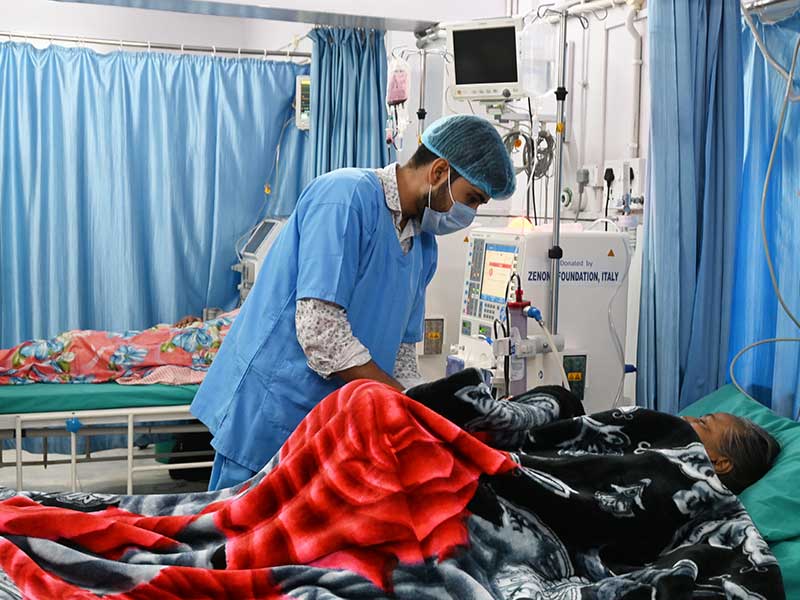
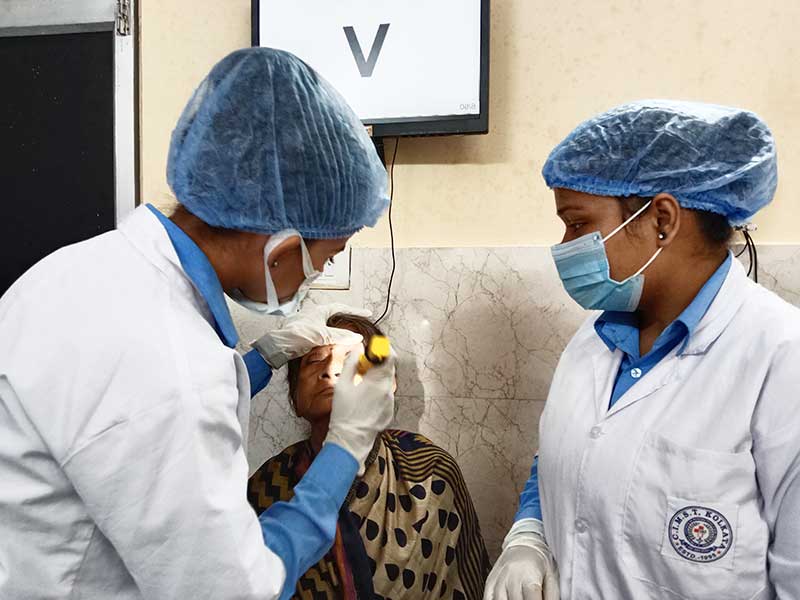
Chandan hails from a tribal family in a remote village of Bolpur, Shantiniketan. His father passed away when he was a child, leaving behind a family of 4.
Due to financial struggles, Chandan had to drop out of school. Soon he started working as a labourer in the fields. One morning, on his way to work, Chandan was struck by a tractor. This accident left him unable to walk, and he became bedridden for six months.
Helpless, Chandan’s family brought him to a local hospital. However, the young man could not receive the treatment he needed.
Soon, the family learned about Hope Hospital through word-of-mouth. Once the family visited the Outpatient Department, the young man was admitted to the hospital. Chandan was then diagnosed with a ruptured bladder and urethra. He then underwent Urethroplasty to repair the blunt trauma to his urethra.
This procedure was a success. Following post-operative care, Chandan regained mobility. Gradually, Chandan’s condition improved. Eventually, he could sit and walk again. After his treatment at Hope Hospital, Chandan was discharged in good health.
Today, Chandan has returned to his village and is back to working in the fields, leading a normal life again.
HOPE's Blindness Eradication Program aims to eliminate blindness and provide quality vision care to underserved communities in Kolkata and West Bengal.
The program offers eye treatment through the eye clinic at HOPE Hospital and free eye screenings in schools, villages, and slums.
It also sponsors youth from marginalized communities to train as optometrists, promoting economic independence through livelihood skills.

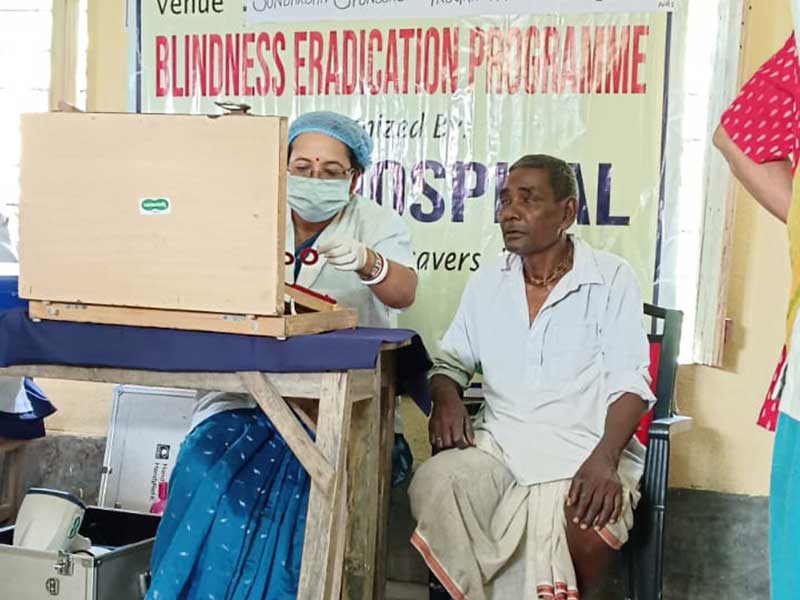
Basudev is an aged man living on the street of Sealdah Railway Station. He was rescued from the streets and admitted to Hope Hospital.
During the routine check-up, Basudev was diagnosed with low vision due to cataract in both his eyes.
After conducting all the necessary medical tests Basudev underwent surgery in his right eye. After recovering from this surgery, the patient underwent surgery on his left eye. Today, his vision has been restored, and Basudev has been doing just fine.
Lack of awareness and access to affordable healthcare often leads to serious health issues in street and slum communities. The Night Round Mobile Medical Unit aims to make a difference by providing direct healthcare services to these underserved populations. The team patrols local areas, offering immediate medical assistance, and referring individuals who need further treatment to HOPE Hospital.
Operating three nights a week, the Night Round Mobile Medical Unit serves key intervention zones, including Nimtala, Central, and Hastings.
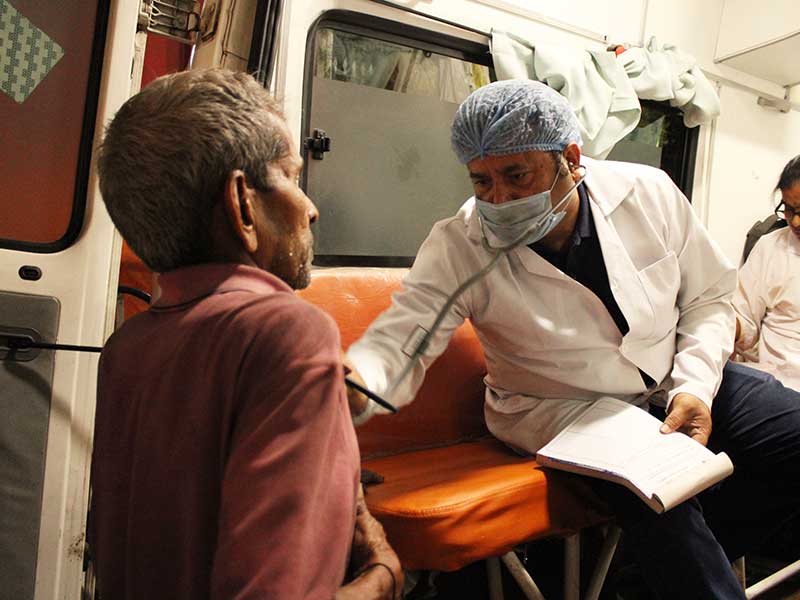

Sk Danish, a young boy, lived on the streets with his parents. One night, when the child complained of severe abdominal pain, his parents immediately took him to the nearest hospital. Here he underwent a colonoscopy, and was discharged without receiving proper suturing.
Danish soon started developing complications from the procedure. His parents were worried. However, they were helpless since they could not afford his treatment. On one of its visits, the Night Round team identified Danish. They immediately admitted him to Hope Hospital to extend care.
At Hope Hospital, Danish received optimal post-operative care. After recovering, the young boy was discharged in the care of his parents.
The Chitpur Community Clinic provides primary health checkups and basic medical care to meet the community's healthcare needs.
The clinic focuses on outpatient care for chronic non-communicable diseases. Under the supervision of a dedicated doctor, patients receive essential medications and routine tests like blood sugar monitoring and blood pressure checks to prevent further health issues.
The clinic also offers awareness programs on child protection, child rights, and sexual and reproductive health. It also conducts WHO-approved dance movement therapy for adolescent girls to promote healthy coping strategies.
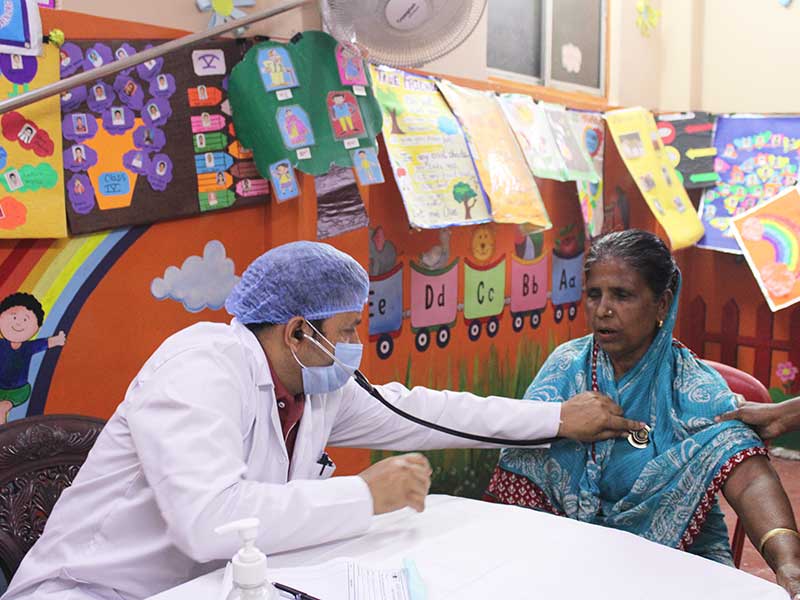
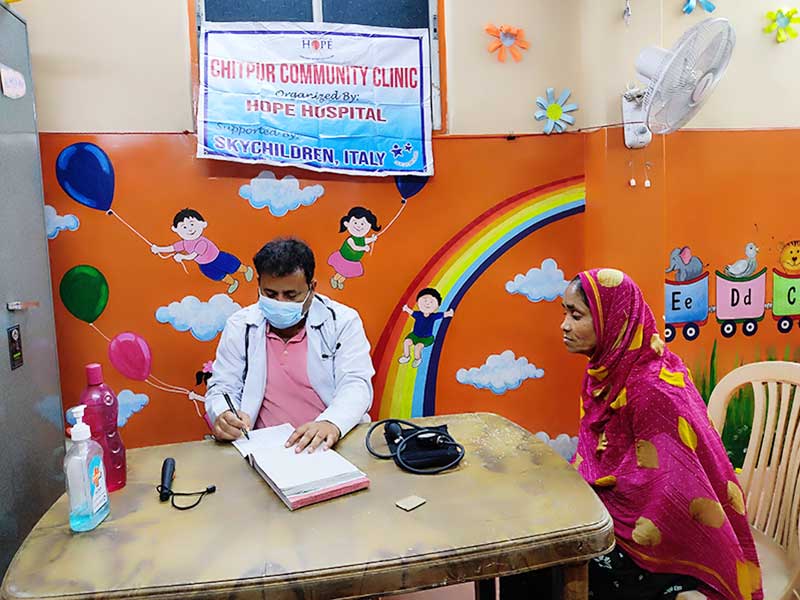
Mita, a 34-year-old woman, was found unconscious on the streets of Chitpur. When the Chitpur Community Clinic team intervened, Mita was in an extremely vulnerable state.
Due to the lack of official identity documents, Mita could not be taken to any government hospitals. Recognising the need for her urgent treatment, the team admitted her to Hope Hospital.
During this time, Mita informed the counsellor that she had no immediate or extended family. She explained that after her parents’ death, her uncle looked after her. After her uncle had passed away, Mita was evicted from their rented place as she could no longer afford the rent. Homeless and destitute, she was now entirely alone.
At the time of her discharge, Mita still did not have any accommodation. Recognising her vulnerable situation, the team rehabilitated her to a residential care centre of another organisation.
The Mobile Dental Clinic, an outreach initiative of Hope Hospital, has been serving underprivileged rural communities since 2023. This vital project provides essential oral healthcare services to those who cannot afford regular dental treatment. The Mobile Dental Clinic offers the following key services:
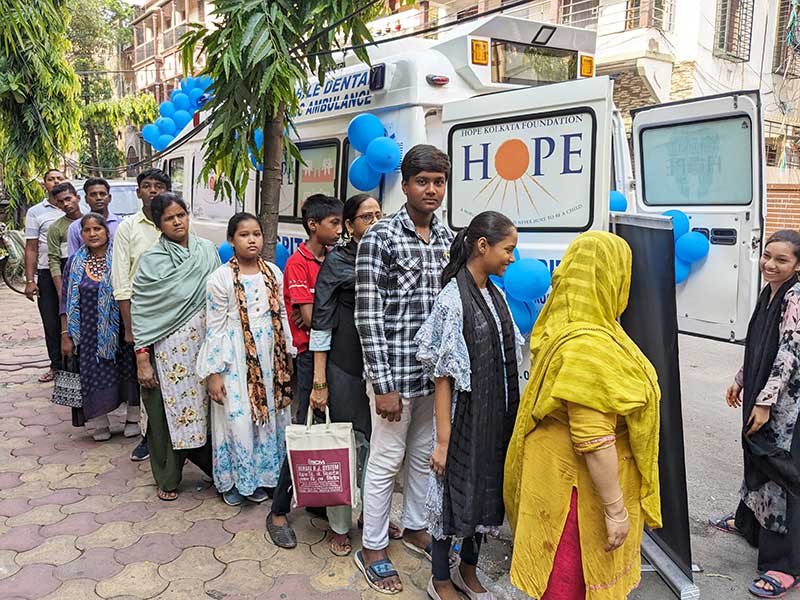
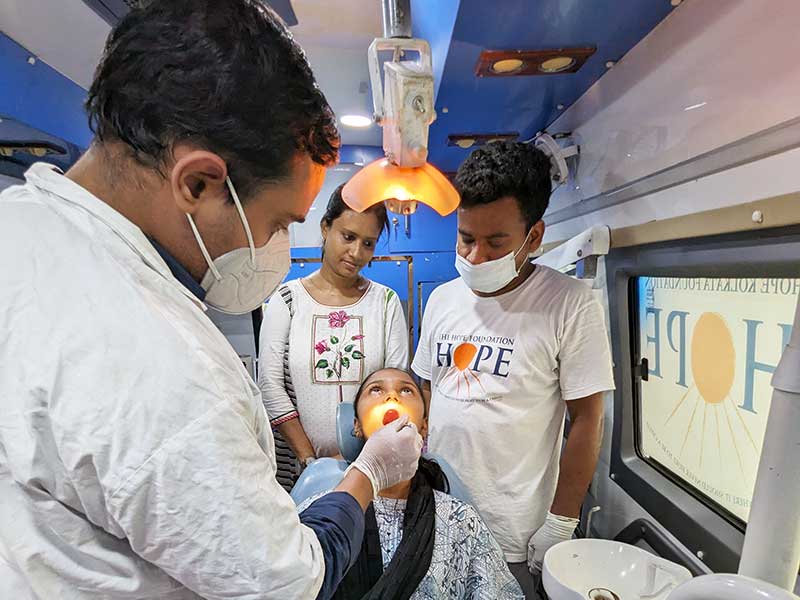
Nisha, a 7-year-old girl, and her family live in the Sundarbans. The young girl developed a toothache. Once the toothache became unbearable, her parents felt helpless.
When the Mobile Dental Clinic organised a camp in the locality, Nisha’s father brought her to the ambulance. Inside the dental ambulance, Nisha underwent a dental X-ray, which indicated that she needed a tooth extraction. The dentist undertook all preparatory measures and extracted the tooth safely.
The young girl was finally relieved of her toothache. Nisha and her parents were happy that she had finally received the care she urgently needed.